How to Troubleshoot Commercial Garage Door Failures in Arvada
In the bustling business landscape of Arvada, a malfunctioning commercial garage door can quickly bring operations to a standstill. Whether you’re running a warehouse, auto shop, or distribution center, every moment your door is stuck, security is compromised and productivity suffers. Understanding how to pinpoint issues before they escalate saves both time and money. This guide walks you step-by-step through methods to diagnose and resolve the most common commercial garage door malfunctions, ensuring your business stays protected and efficient. For all your urgent needs, remember Commercial Garage Door Repair is just a call away.
Recognizing Early Warning Signs
Commercial garage doors are built for heavy use, but even the sturdiest systems require attention. Early detection is key—listen for unusual noises such as grinding, squeaking, or banging. Watch for doors that move slowly, hesitate, or reverse unexpectedly. If you notice any gaps at the bottom or sides when the door is closed, or if the door doesn’t respond immediately to controls, these are all red flags.
“A smoothly operating garage door is the silent guardian of your business—protect it, and it will protect your livelihood.”
Pinpointing Common Causes
Garage door issues rarely happen out of the blue. Most stem from a few key components wearing down or getting misaligned. Here’s a quick overview of where trouble most often starts:
| Issue | Likely Cause | Immediate Action |
|---|---|---|
| Door won’t open/close | Power loss, safety sensor misalignment, broken springs | Check power, sensors, inspect springs |
| Loud noises during operation | Lack of lubrication, worn rollers/hardware | Lubricate moving parts, check for wear |
| Door reverses unexpectedly | Obstruction in track, sensor obstruction | Clear tracks, wipe sensors |
| Door moves unevenly or gets stuck | Track misalignment, damaged rollers | Inspect and realign track, replace rollers |
| Remote or keypad not working | Dead batteries, signal interference | Replace batteries, reprogram remote |
Step-by-Step Troubleshooting Process
When your commercial garage door starts acting up, a systematic approach prevents costly missteps. Follow these steps for effective troubleshooting:
- 1. Inspect Power and Controls: Start by checking whether the garage door opener is plugged in and receiving power. If the opener is silent, inspect the breaker panel for tripped switches.
- 2. Examine Sensors and Safety Features: Modern doors come with safety sensors that halt operation if blocked or misaligned. Make sure nothing is obstructing them and that their LED lights are solid (not blinking).
- 3. Check Springs and Cables: Torsion and extension springs bear immense weight. If you notice any gaps, fraying, or the door feels unusually heavy, springs or cables may be broken. Handle with caution; these parts are under high tension.
- 4. Observe Rollers and Tracks: Look for debris, rust, or bends in the tracks. Worn or cracked rollers can cause jerky movement or loud operation. Clean the tracks and lubricate all moving components with a silicone-based lubricant.
- 5. Test Manual Operation: Disconnect the opener (usually with a pull cord) and lift the door manually. If it’s heavy or doesn’t stay halfway open, balance issues or broken springs are likely.
- 6. Inspect Remote and Keypad: If controls are unresponsive, swap out batteries. Try reprogramming remotes or resetting the keypad according to the manufacturer’s instructions.
Maintenance for Prevention
The best troubleshooting is prevention. Schedule monthly visual checks, lubricate all hinges, rollers, and springs every quarter, and tighten loose bolts or screws. Keeping a log of maintenance and repairs helps identify recurring issues before they become emergencies.
Professional inspections are recommended at least once a year, especially for high-traffic commercial doors. An expert eye can spot subtle signs of wear, test the door’s balance, and ensure all safety features function correctly.
When to Consult Professionals
While many minor issues can be handled in-house, certain repairs demand specialized knowledge and tools. Broken springs, snapped cables, or persistent electrical problems should always be left to certified technicians. Attempting to fix high-tension components without proper training risks severe injury and property damage.
If troubleshooting doesn’t resolve the issue or the same problem recurs, don’t hesitate to reach out for expert help. In Arvada’s demanding commercial environment, minimizing downtime is crucial—professional repair services deliver rapid, reliable solutions.
Conclusion
A reliable garage door is essential for protecting assets, ensuring smooth business operations, and maintaining a safe environment for employees and customers alike. By recognizing early warning signs, systematically troubleshooting, and prioritizing regular maintenance, you can prevent most commercial garage door failures before they disrupt your workflow. And when issues do arise, trust the experts in Commercial Garage Door Repair to get your Arvada business back on track
Read More: Arvada Garage Door Repair.

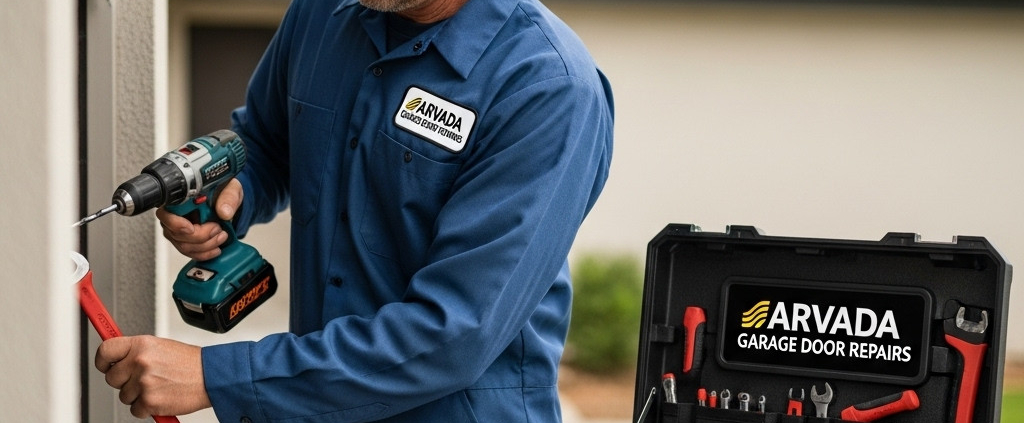
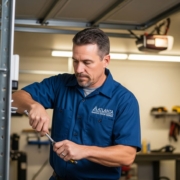
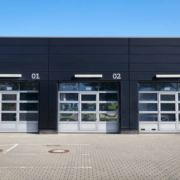
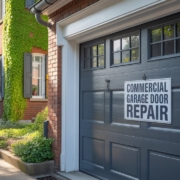
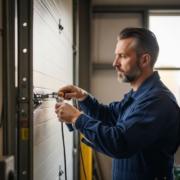
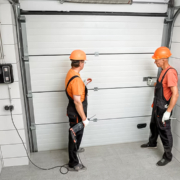


Leave a Reply
Want to join the discussion?Feel free to contribute!